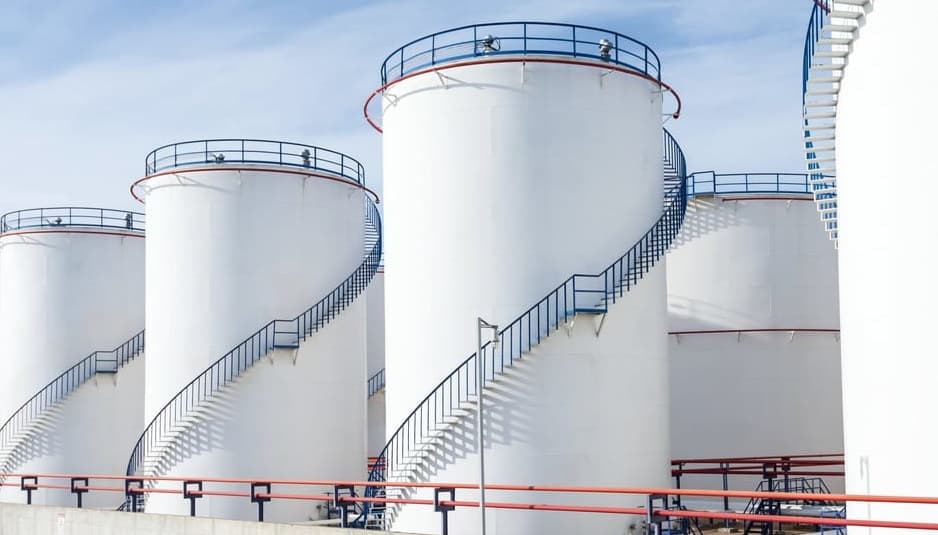If you run a business in which you store multiple liquids, you probably have storage tanks of some sort. Whether these liquids are hazardous or completely benign is irrelevant if you’ve never considered storage tank inspection services, because you might end up with the same problem. When you don’t have any type of industrial tank inspection performed on your storage units, it’s only a matter of time before you end up with a leak or worse.
In order to prevent this from happening at your place of business or storage and causing a disaster, you should invest in industrial tank inspection services. It will make more sense at the end of the day to have your tanks regularly inspected and certified as safe so that you can continue to fill them and drain them as necessary for your business. If you don’t get your storage tanks certified, you may be putting yourself and others in harm’s way.
In this brief article, we’ll touch on how above-ground storage tanks can help with inspections, and why it’s extremely prudent to have your tanks inspected on a regular basis. Not simply because it’s the right thing to do, but because to do otherwise may put you in legal trouble or worse.
Keep it Above Ground (Literally And Legally)
An easy way to keep an eye on your storage tanks when industrial tank inspection time rolls around is to have above-ground tanks. In many places, it is not possible to have above-ground tanks and you have to bury them, but if you are allowed to keep yours above ground you can have a bit of an easier time maintaining and using them. Above-ground storage tanks are both versatile and easy to use for all sorts of storage needs.
In fact, above-ground storage tanks have many uses, but their number one purpose is usually to store oil prior to distribution. Similar to how a septic tank stores sewage and civic waste, having a tank above ground makes it relatively easy to inspect, maintain, drain, and fill. If there is a problem with the tank, such as rusting or cracking, it will easily be seen by those doing an inspection or using it. Unlike underground tanks, above-ground storage tanks do not have many “hidden surprises” leeching out into the groundwater or surrounding area to discover.
Inspections Save You Money and Time
In the case that we just laid out for above-ground fuel storage, having your tanks inspected could save you a lot of headaches in more ways than one. Instead of having to call a fuel storage tank repair service to patch up a hole (or install a brand new tank), you can rest easy that you aren’t going to be receiving any lawsuits related to oil or gasoline being spilled everywhere. Similarly, a leak from one of these tanks could become so deadly that you could end up losing your business and spending quite a lot of time in court. You could possibly even go to jail or worse, depending on how liable you are found.
Instead of dealing with worst-case scenarios, why not simply fix the problem at its source and opt for industrial tank inspection for your business? The inspectors that come out will be only too happy to make sure that your storage tank is working well or whether it needs maintenance above and beyond what appears necessary. If your tank does need to be maintained, they may have contractors that are able to do it or can recommend someone qualified.
It’s the Little Things That Count
If you deal with industrial storage tanks at your business, they may just seem like something that’s always been there. Even if you don’t directly use them, they are probably a part of how you do business and interact with certain segments of your industry. If these tanks are not being maintained properly, they can cause massive problems down the road. It is therefore important that you make sure you have a qualified industrial tank inspection service come out at regular intervals to make sure that these tanks are up to par so that you don’t risk life.



